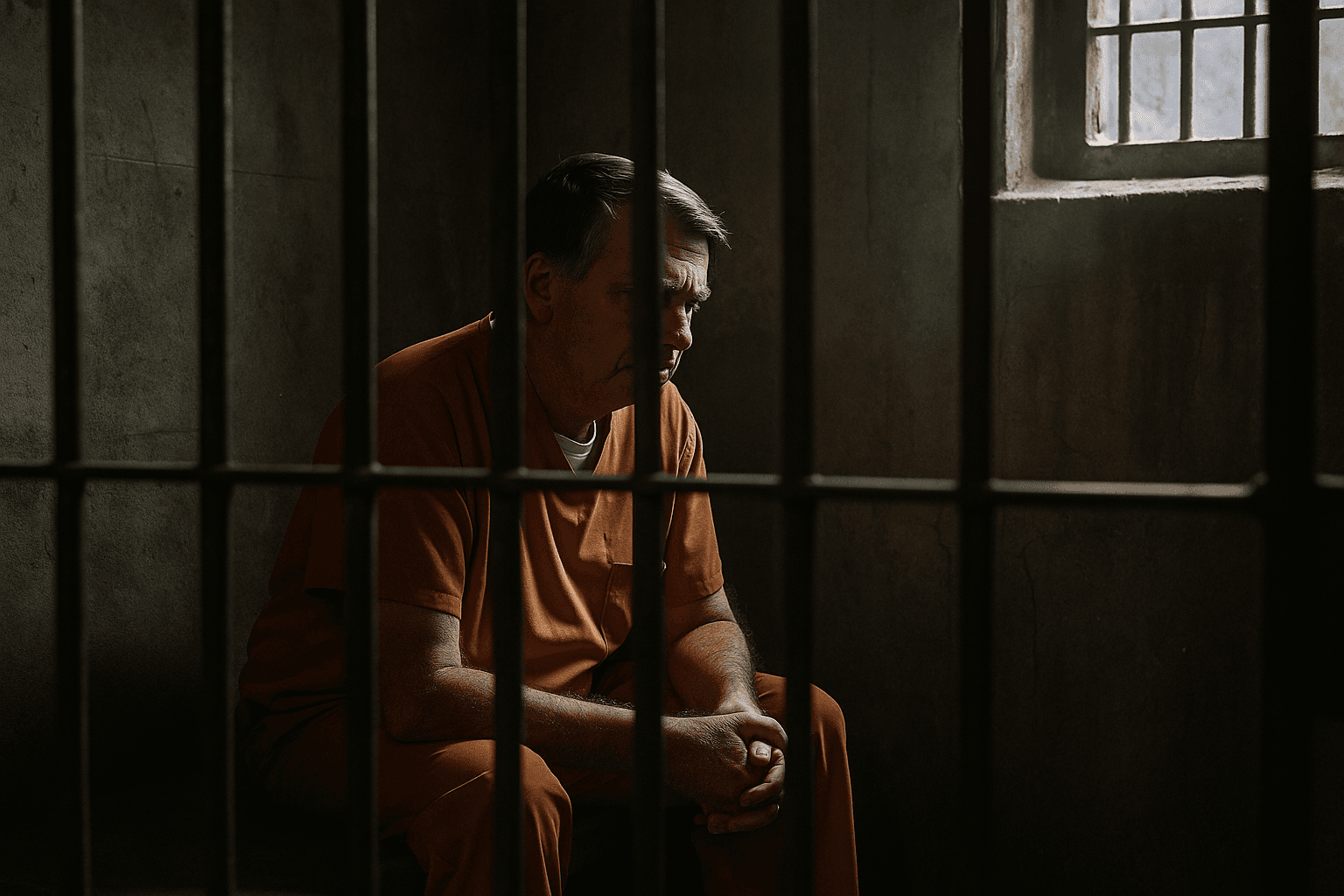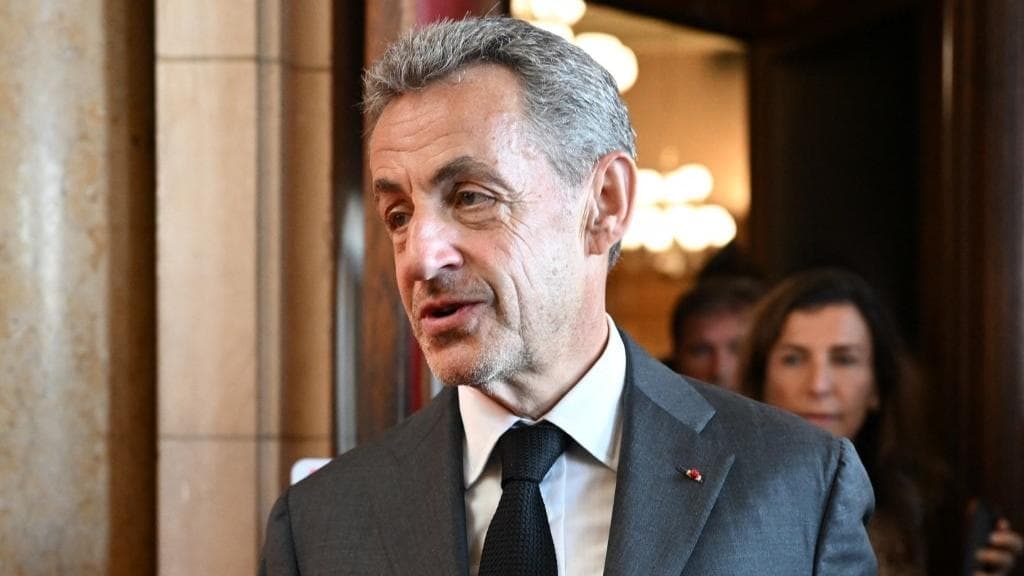Bolsonaro Begins Serving 27 Years in Prison Over Election Plot
Brazil’s Supreme Court has ordered former president Jair Bolsonaro to begin serving a sentence of 27 years and three months after rejecting his final appeals in a conviction for plotting to overturn the 2022 election. The move marks a decisive moment for Brazilian democracy, raising questions about political stability, the rule of law, and regional reverberations for populist movements.

Brazil’s highest court orders former president Jair Bolsonaro to start serving a prison sentence of 27 years and three months after rejecting his final appeals in a sweeping conviction that found him responsible for plotting to block the transfer of power after the 2022 election. The court document makes the conviction definitive, and prosecutors said the charges include leading an armed criminal organisation and other offenses tied to an effort to subvert the democratic process.
Bolsonaro is taken to the Federal Police Superintendency in Brasília after authorities said he tampered with an ankle monitor while under house arrest. The transfer to custody follows days of mounting legal pressure and marks the end of a domestic appeals process that began after mass disorder and attempts to disrupt the constitutional handover of power in late 2022. Several of Bolsonaro’s former allies and members of the security establishment have also been ordered to serve sentences at various facilities, reflecting the breadth of the judicial response to the post election crisis.
The court ruling is being watched across the region and beyond as a test of Brazil’s institutions and of the international norm that leaders who attempt to overturn democratic results can be held accountable. Brazil is the largest democracy in Latin America and its political turbulence has implications for markets, trade partners, and diplomatic relations. Foreign governments and international investors are likely to follow developments closely for signs of political instability or a broader challenge to democratic governance.
The president who governed with a polarising blend of nationalist rhetoric and praise for military figures now faces prolonged incarceration. For Bolsonaro’s supporters the sentence is likely to fuel narratives of persecution and deepen political grievances, while for opponents it represents a rare instance of a former head of state being criminally punished for trying to subvert an election. The dual reality underscores the delicate balance between enforcing the rule of law and managing social cleavages in a deeply divided country.

International law specialists note that domestic accountability bolsters global efforts to deter anti democratic coups and coordinated attacks on electoral systems, while also raising questions about reconciliation and the reintegration of political movements that were central to Bolsonaro’s rise. The outcome may influence how other countries confront leaders accused of similar conduct and could shape the jurisprudence on the criminalization of organised political violence.
For Brazil the immediate priorities are maintaining public order, ensuring the safety of detained figures, and preserving the integrity of state institutions. The long term challenges include healing societal divisions, restoring faith in democratic processes, and managing the international fallout. As the nation absorbs the legal finality of the decision, capitals from Washington to Brasília and regional governments will be assessing how this moment reshapes politics in Brazil and across Latin America.

